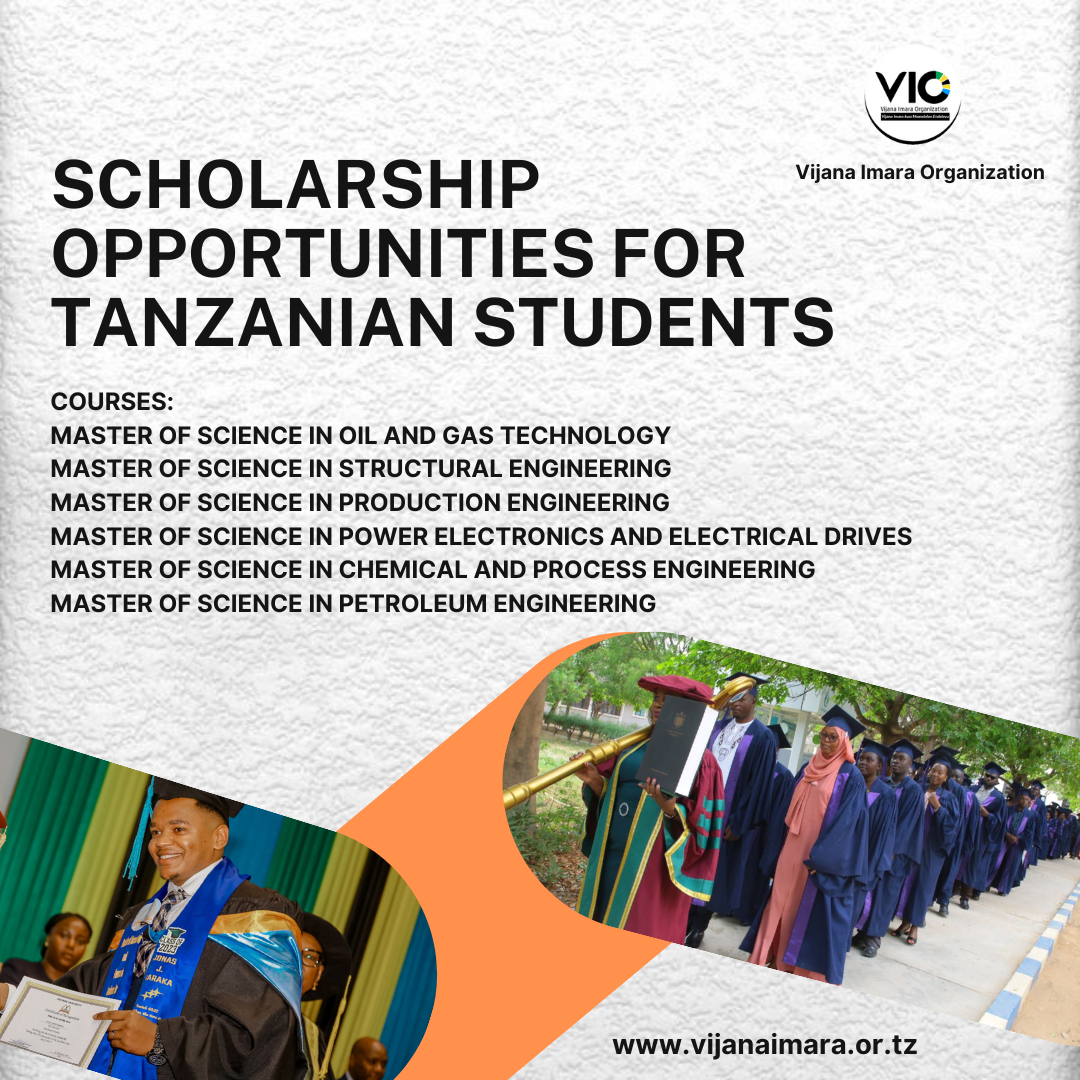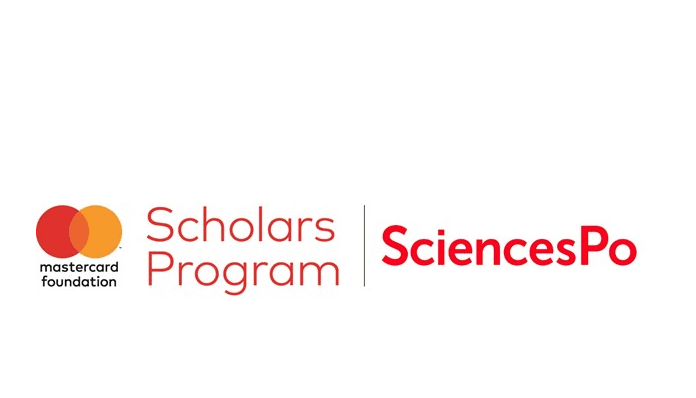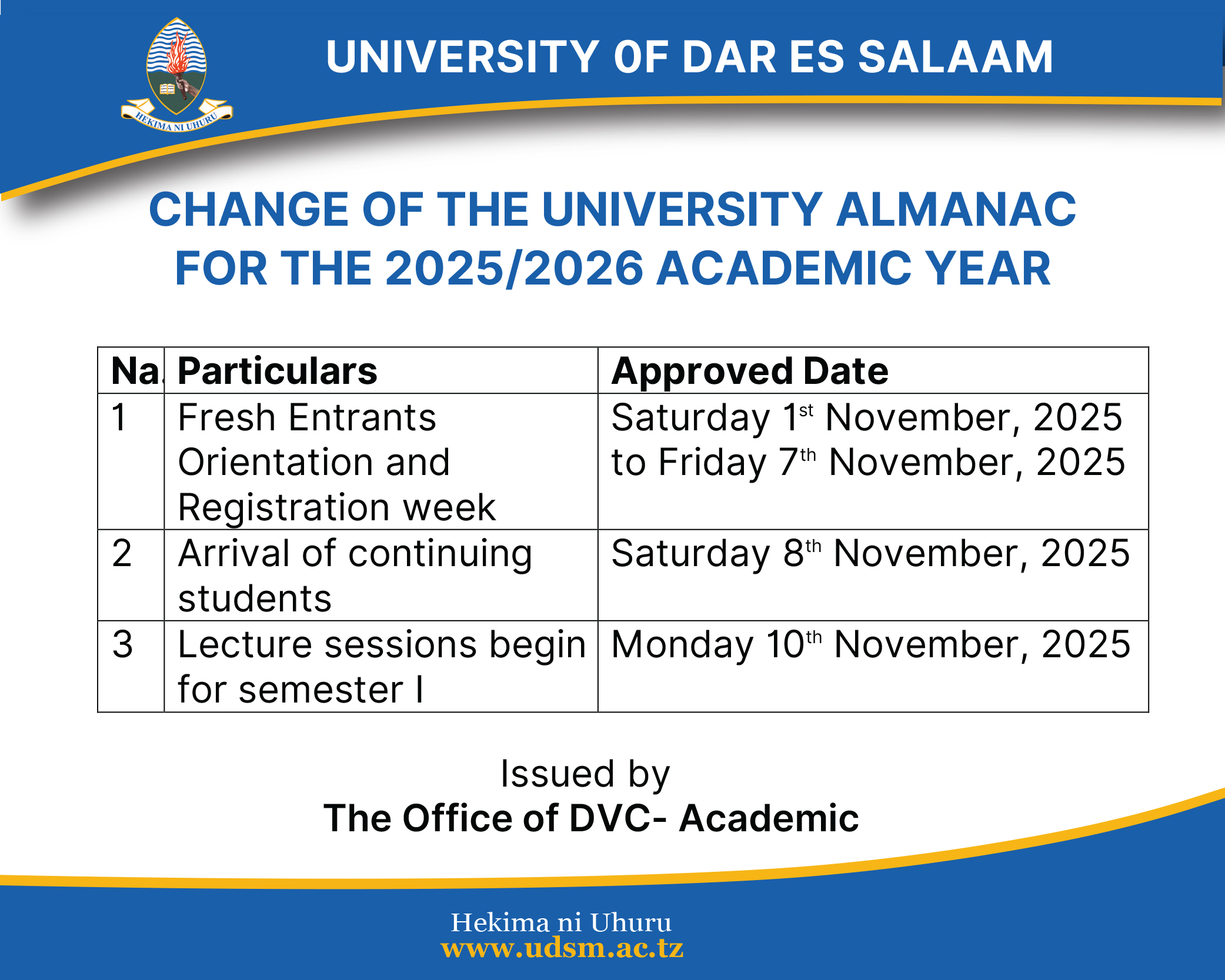Scholarships to Study Bachelor in Tanzania:
A Guide to Funding Your Future
Higher education changes lives. Whether you’re aiming to study for a Bachelor’s or Master’s degree in Tanzania, the journey is full of potential—but often challenged by financial limitations.
The good news? Scholarships exist, and they are helping thousands of students achieve their dreams. If you’re reading this, chances are you’re looking for answers, direction, or even a bit of hope. Let’s talk about what scholarships are available, where to find them, and how to give yourself the best shot.
Why Study in Tanzania?
Tanzania is not just a country of stunning landscapes and rich history—it’s a place where education is growing, both in quality and opportunity.
-
Affordable cost of living
-
Programs tailored to real-world needs – from agriculture to business, public health, ICT, engineering, and education
-
Universities with regional and international collaborations
Some of the top institutions include:
-
University of Dar es Salaam (UDSM)
-
Nelson Mandela African Institution of Science and Technology (NM-AIST)
-
Mzumbe University
-
Ardhi University
-
Muhimbili University of Health and Allied Sciences (MUHAS)
-
St. Augustine University of Tanzania (SAUT)
Whether you’re from Tanzania or abroad, there are scholarships that can help you access these institutions.
Scholarships for Bachelor’s and Master’s Degrees in Tanzania
Let’s break this down by level of study:
Bachelor’s Degree Scholarships
Getting funding for undergraduate study can be competitive, but it’s possible—especially if you are a high-performing student or from a marginalized background.
1. Tanzania Higher Education Students’ Loans Board (HESLB)
-
While technically a loan, HESLB often acts as the main financial support for Tanzanian undergraduates.
-
Open to Tanzanian citizens who demonstrate need and merit
-
Covers tuition, books, meals, accommodation, and field work
-
Some students may qualify for partial or full cancellation based on career choices and performance
2. MasterCard Foundation Scholars Program
-
Offers full scholarships to academically talented young Africans
-
Covers tuition, accommodation, transport, books, and a stipend
-
Partner universities within Africa, including some in Tanzania or nearby regions
-
Focuses on leadership, community development, and giving back
3. University-Based Merit Scholarships
Some universities offer partial scholarships or tuition waivers to top students, especially during first-year admission.
Examples:
-
UDSM and MUHAS may waive fees for top national exam performers
-
SAUT sometimes offers church-sponsored bursaries
-
Private institutions like Tumaini University offer faith-based scholarships
4. Religious and NGO Support
Churches, mosques, and local NGOs sometimes provide bursaries or scholarships:
-
Evangelical Lutheran Church in Tanzania (ELCT)
-
Roman Catholic Diocese Funds
-
ActionAid, Plan International, and CAMFED (focus on girls’ education)
These are often unadvertised—so ask around locally and speak with your school administrators or religious leaders.
5. International Undergraduate Scholarships (Studying in Tanzania)
Some foreign organizations sponsor undergraduates to study in Africa, including Tanzania.
-
Commonwealth Split-Site and Shared Scholarships (occasionally available for undergrad)
-
India-Africa Partnership Scholarships
-
Chinese Government Scholarships – sometimes fund students to study within partner African universities
Master’s Degree Scholarships (Brief Recap)
Scholarships for Master’s programs tend to be more common than undergrad, especially from development partners and international donors.
Examples include:
-
DAAD In-Country Scholarships – for Tanzanian students studying at local universities
-
RUFORUM – for agriculture-related studies
-
African Union Scholarships
-
MoEST (Tanzania Ministry of Education) – lists opportunities through bilateral agreements
-
University scholarships (e.g., NM-AIST, UDSM, Mzumbe)
See the original Master’s section above for details.
Where to Find These Scholarships
Here’s where you should look, whether you’re pursuing a Bachelor’s or Master’s:
-
University websites – Check the admissions or financial aid/scholarship pages.
-
Ministry of Education – moe.go.tz
-
HESLB portal – heslb.go.tz
-
DAAD scholarship portal – daad.de/en
-
MasterCard Foundation – mastercardfoundation.org
-
NGOs and religious organizations – sometimes advertise on notice boards or social media
Also explore scholarship search engines like:
Tips for Applying (Bachelor’s & Master’s)
Whether you’re applying for undergraduate or postgraduate scholarships, these tips apply:
1. Apply Early
Start searching at least 6–12 months before your program begins. Many scholarships close early.
2. Stay Organized
Keep scanned copies of:
-
Academic certificates (Form IV, VI, degree)
-
Transcripts
-
Birth certificate/NIDA
-
Passport photos
-
Letters of recommendation
-
Admission letter (or proof of application)


